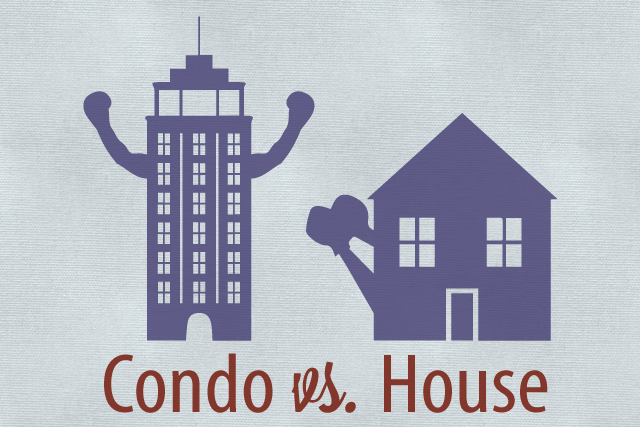Many people assume the difference between a condo and a house is that one has a yard and one typically does not. There is much more to it than just that.
What makes them “CONDOMINIUMS” is not their physical structure but the way in which owners have agreed to share the ownership of the common elements of the property, while retaining individual ownership of parts of the property which constitute their units.
The condominium property is made up of the units and the common elements. Those parts of the property that are not specifically designated as units are known as common elements. Accordingly, condominium ownership has a dual nature; a condominium unit owner has freehold title to his or her unit and, at the same time, shares jointly with other unit owners, the ownership of the common elements. The unit owners share the cost of operating the property through the payment of their share of the common expenses.
What is also very important to know is the condo hierarchy of condominium law, which consists of the following:
1) The Condominium Act
2) Your Condominium’s Declaration
3) Your Condominium’s By-Laws
4) Your Condominium’s Rules
The declaration, by-laws, or rules cannot contravene or circumvent the Condominium Act. For lack of a better description the Condominium Act is “Top Dog.”
So from there, a developer needs to come up with a condominium “Declaration,” which is essentially the condominium’s constitution. The declaration defines and legally describes each and every unit in the building, spells out their boundaries, and breaks down how their common expenses are calculated. The declaration outlines how the common elements and facilities are defined as well.
After the declaration comes the by-laws. By-laws are legally binding documents that are initially written by the developer, in the same way as the declaration, and they’re used to complement the declaration and address items that weren’t specified. Condominium by-laws might address how the corporation may spend money, or how many positions must be on the Board of Directors.
On the bottom rung, you have rules. Condominium rules are often simple, day-to-day matters like what time the gym opens and closes, and whether or not you can hang Christmas lights on your balcony
That being said, acquiring condominium ownerships are great investments as long as you truly understand the elements involved in such type of ownership. If you’re a prospective condo owner, it is important to familiarize yourself with the condo hierarchy of condominium law.

